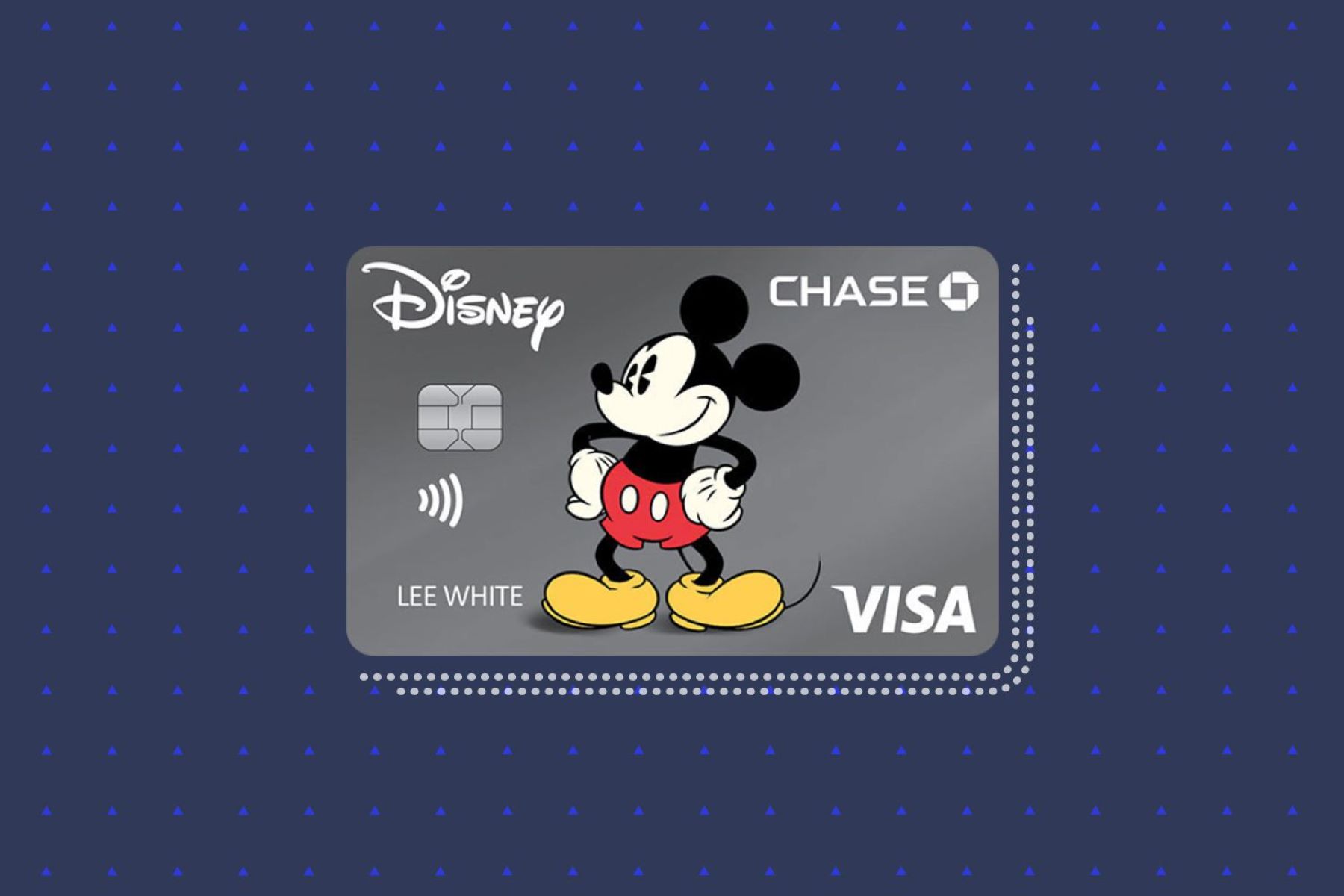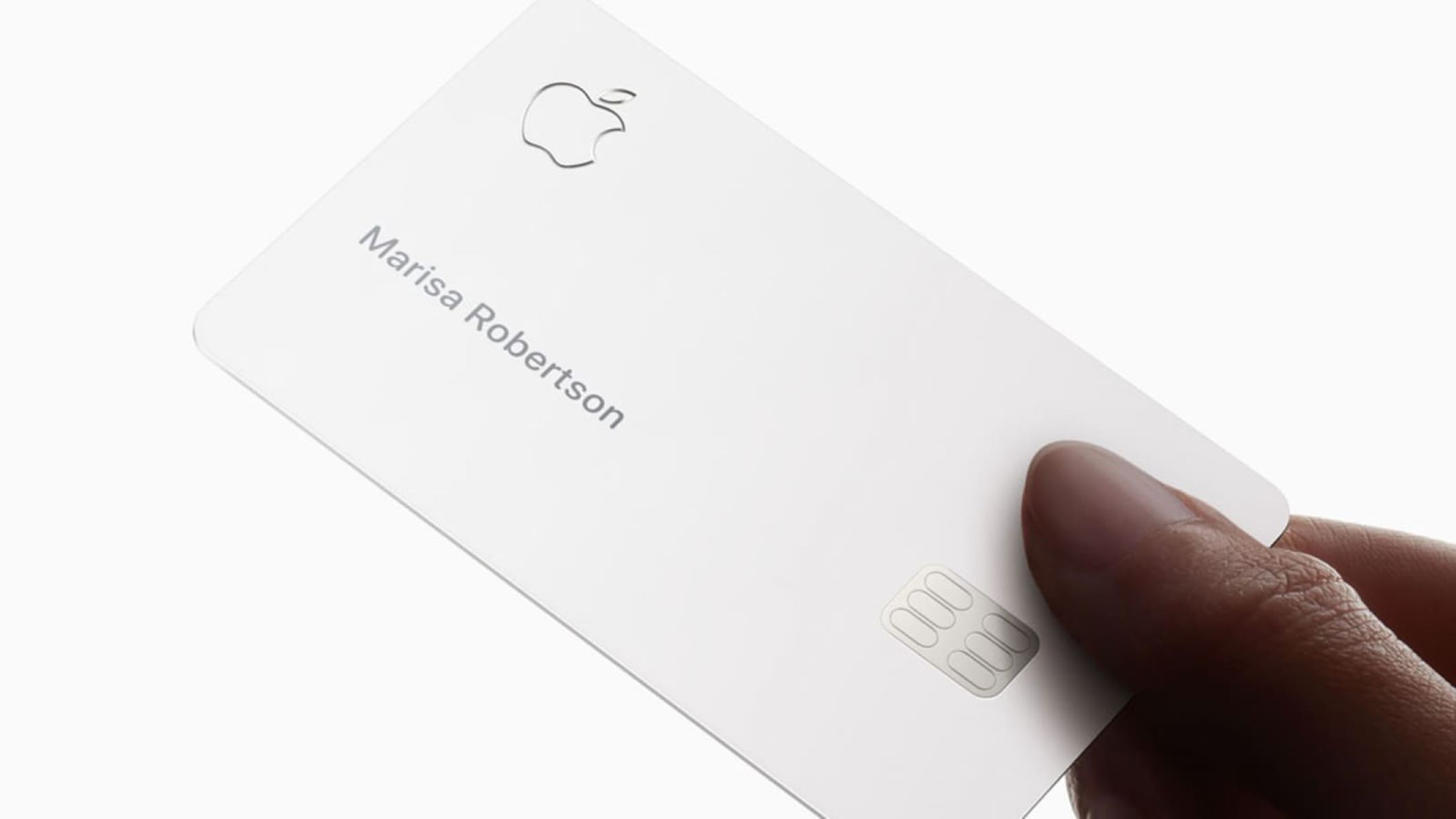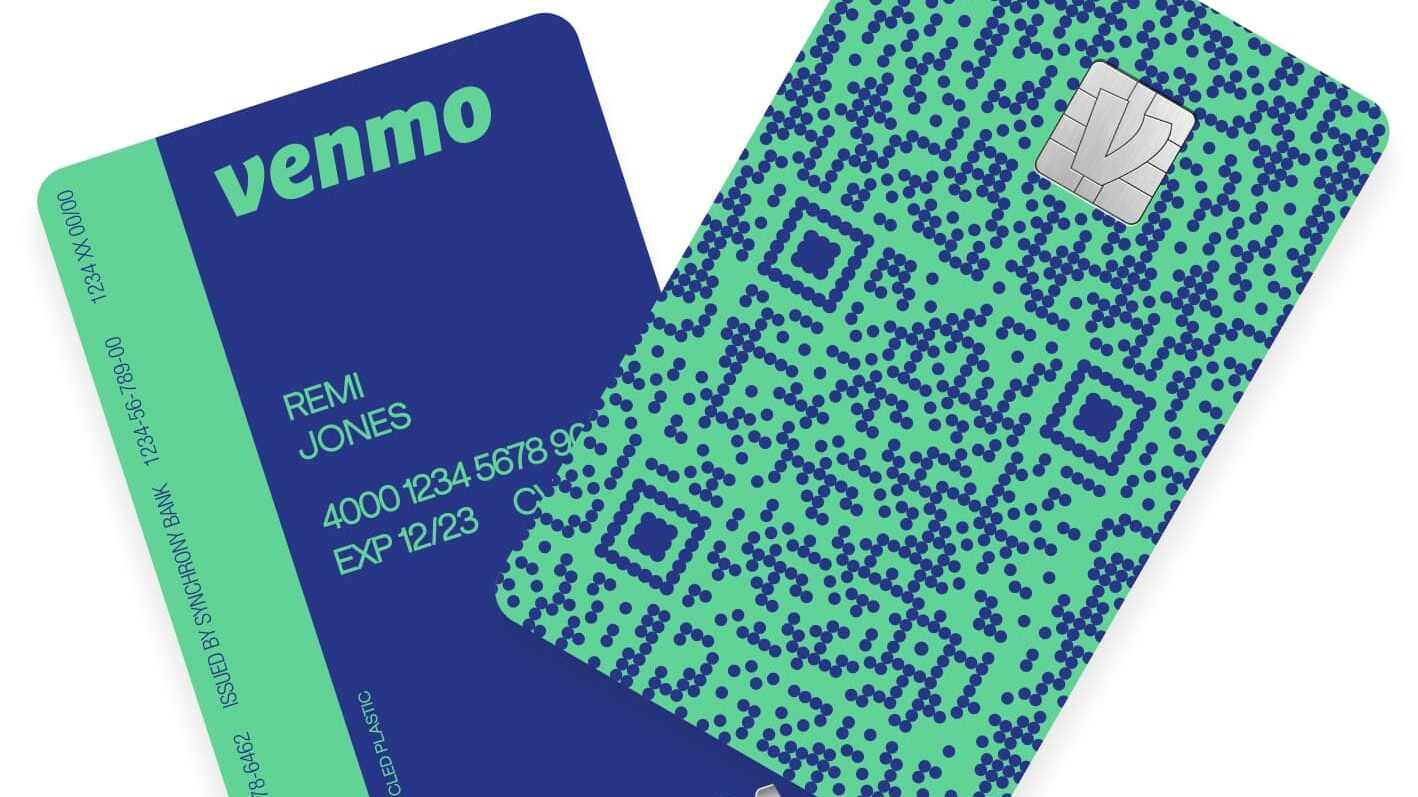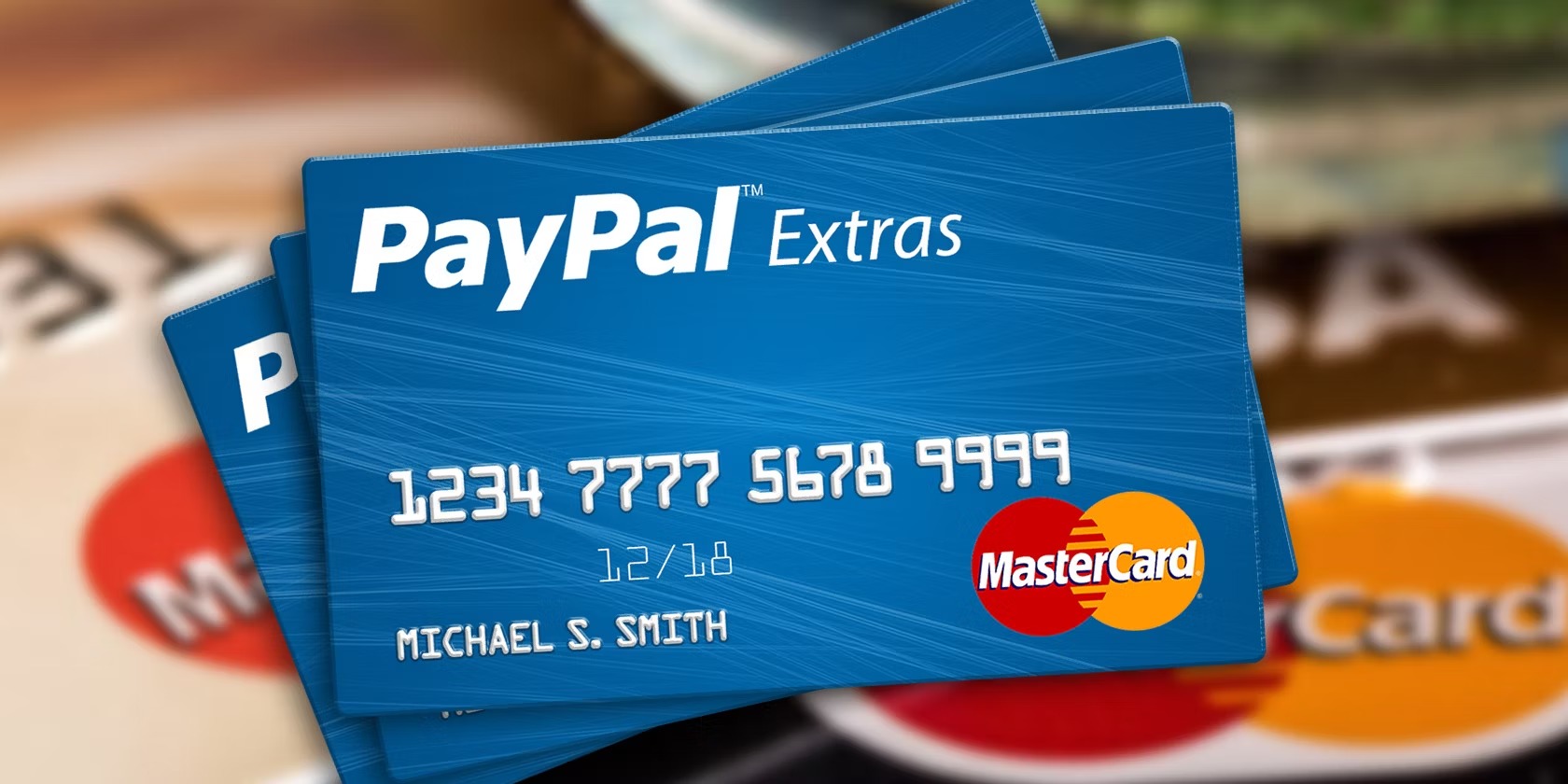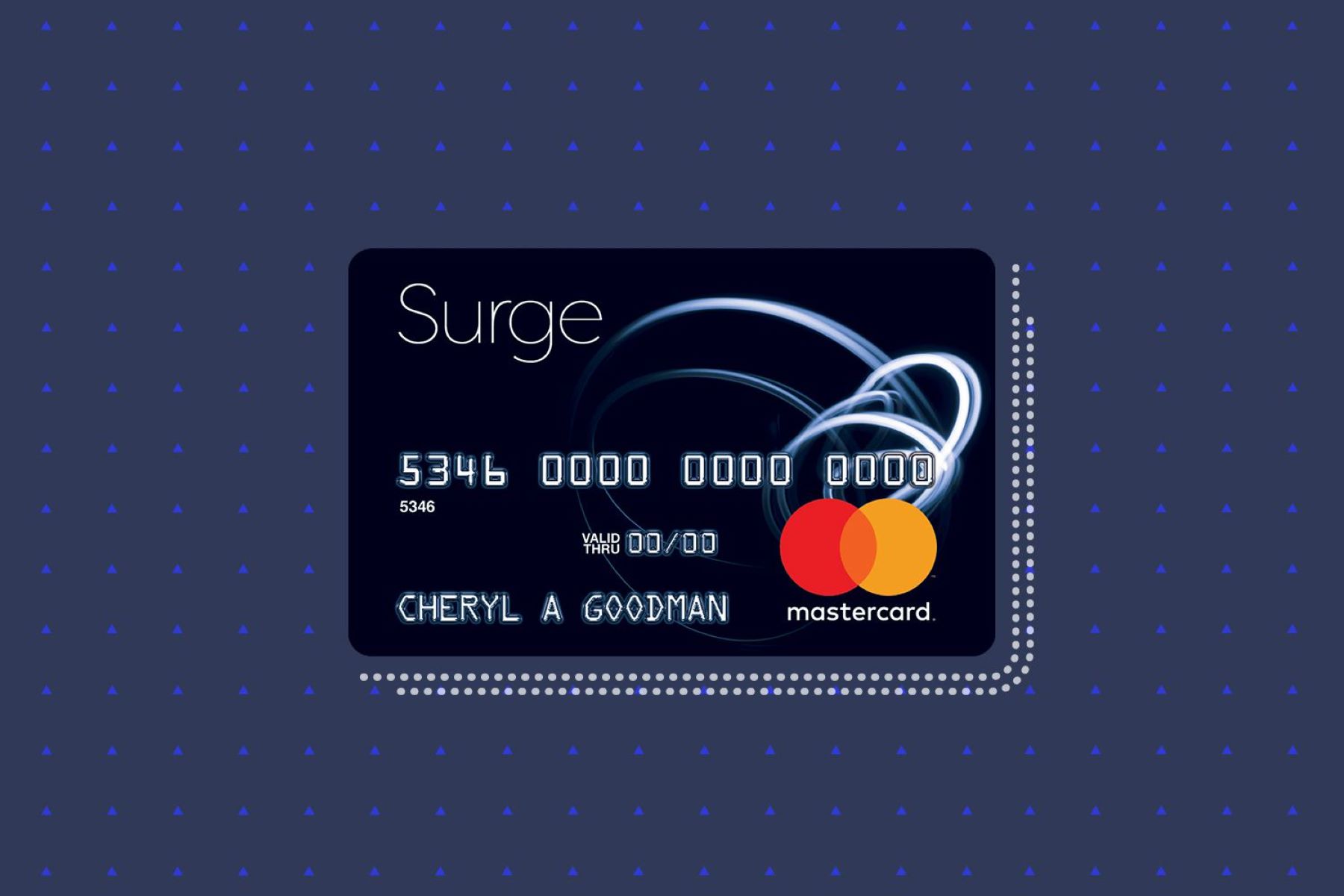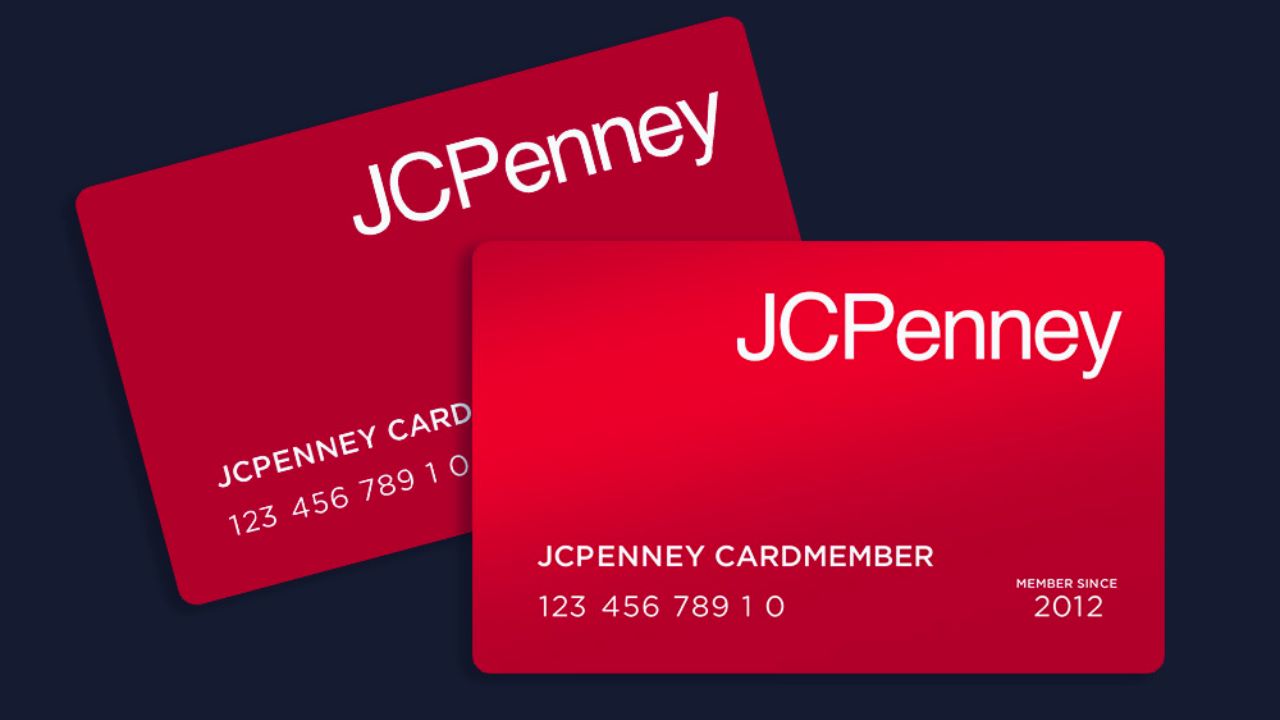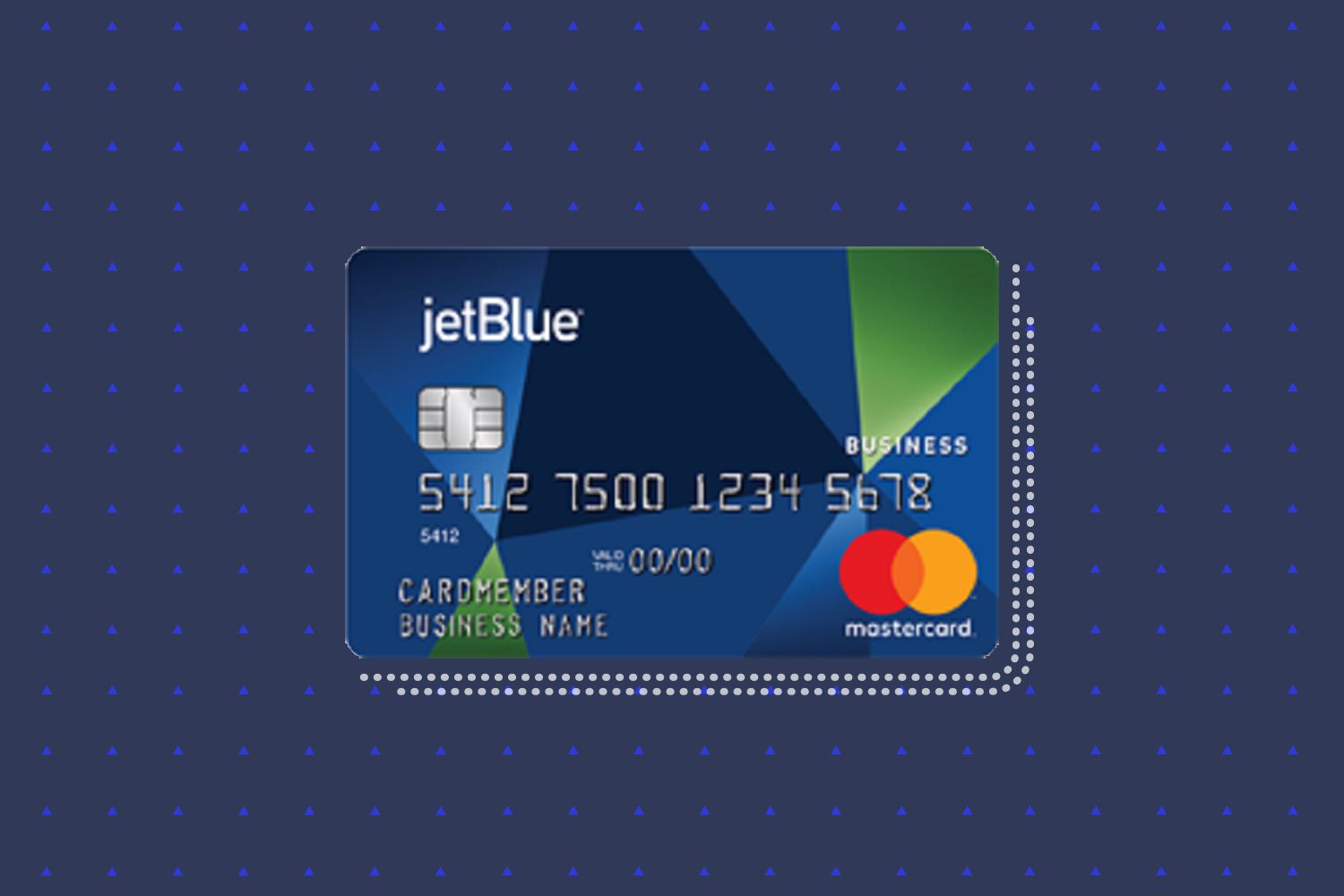

Finance
What Credit Score Do You Need For Jetblue Card
Modified: February 21, 2024
Find out the minimum credit score required for the Jetblue card and get valuable insights on how to finance your journey with Jetblue.
(Many of the links in this article redirect to a specific reviewed product. Your purchase of these products through affiliate links helps to generate commission for LiveWell, at no extra cost. Learn more)
Table of Contents
Introduction
Welcome to the world of JetBlue, where travel is made easier and more enjoyable. Whether you’re a frequent flyer or someone who enjoys an occasional getaway, having a JetBlue Card can provide you with a range of benefits and perks. But before you can start reaping the rewards, you may be wondering, “What credit score do I need to qualify for a JetBlue Card?”
Understanding the credit score requirements for the JetBlue Card is crucial for anyone interested in applying. Your credit score plays a significant role in determining your eligibility for various credit cards, as it reflects your financial habits and reliability as a borrower. In this article, we’ll delve into the importance of credit scores, explore the factors that affect them, and uncover the minimum credit score needed to secure a JetBlue Card.
While your credit score isn’t the only factor that JetBlue evaluates when reviewing your application, it’s a crucial consideration. With a good credit score, you’ll not only have a higher chance of approval but also gain access to better rewards and benefits.
So, let’s dive in and discover what it takes to qualify for a JetBlue Card and how you can improve your credit score to enhance your chances of getting approved.
Understanding the JetBlue Card
The JetBlue Card is a co-branded credit card offered by JetBlue Airways in partnership with a financial institution. This card is designed to reward JetBlue customers by offering various benefits and incentives that enhance their travel experience. With the JetBlue Card, cardholders can earn points on everyday purchases and redeem them for flights, seat upgrades, vacation packages, and more.
In addition to earning points, the JetBlue Card often comes with attractive perks such as an introductory bonus, free checked bags, discounted in-flight purchases, and access to exclusive events. These benefits can make your travels more convenient, enjoyable, and cost-effective, making the JetBlue Card a valuable tool for frequent flyers and JetBlue enthusiasts.
To maximize the benefits of the JetBlue Card, it’s important to understand how it works. Each time you make a purchase using the card, you earn a certain number of JetBlue TrueBlue points. The accumulation of these points allows you to unlock a range of rewards. The more you spend, the more points you accumulate, enabling you to enjoy free flights, upgrades, and other enticing perks.
While the JetBlue Card can be an excellent choice for avid travelers, it’s essential to evaluate your spending habits and financial situation to determine if this card aligns with your lifestyle and goals. Assessing the card’s annual fees, interest rates, and redemption options will help you make an informed decision about whether it’s the right fit for you.
Now that you have a general understanding of the JetBlue Card, let’s move on to the next crucial factor in applying for a credit card: your credit score.
Importance of Credit Scores
Your credit score is a three-digit number that represents your creditworthiness and serves as a measure of your financial responsibility. It plays a significant role in determining your eligibility for various financial products, including credit cards, loans, mortgages, and more. Credit card issuers, such as JetBlue, carefully evaluate your credit score to assess the level of risk involved in extending credit to you.
A good credit score indicates that you have a history of responsibly managing your finances and repaying your debts on time. This makes lenders more confident in your ability to repay them, thus increasing the likelihood of getting approved for credit and enjoying better terms and benefits.
When it comes to credit cards, a higher credit score can open doors to cards with more lucrative rewards, lower interest rates, and higher credit limits. On the other hand, a lower credit score may limit your options and may result in higher interest rates or even denial of credit altogether.
Moreover, having a good credit score is not only essential for qualifying for credit cards but can also impact other aspects of your financial life. For instance, landlords often check credit scores when deciding whether to rent to someone, and employers may evaluate credit scores as part of the hiring process for certain positions. Even utility companies may consider your credit score when determining whether to require a security deposit for services.
Therefore, it’s crucial to understand how credit scores are calculated and take steps to improve and maintain a good credit score. By doing so, you can increase your chances of not only qualifying for a JetBlue Card but also accessing other financial opportunities and enjoying favorable terms and benefits.
Next, let’s explore the various factors that can impact your credit score.
Factors Affecting Credit Scores
Several factors contribute to the calculation of your credit score. Understanding these factors is crucial for managing and improving your creditworthiness. Here are the key elements that affect your credit score:
- Payment History: Your payment history is the most significant factor in determining your creditworthiness. It includes your track record of making payments on time, any late payments, and any delinquencies or defaults. Consistently paying your bills on schedule positively impacts your credit score.
- Credit Utilization Ratio: This ratio compares the amount of credit you’re using to the total amount of credit available to you. Keeping your credit utilization below 30% is generally recommended. Lower utilization ratios indicate responsible credit usage and positively impact your credit score.
- Length of Credit History: The length of your credit history plays a role, as it provides an indication of your experience in managing credit. A longer credit history is generally viewed positively, assuming it has been managed responsibly.
- Credit Mix: Having a diverse credit mix, such as a combination of credit cards, loans, and mortgages, can demonstrate your ability to handle different types of credit. However, it’s important to note that this factor carries less weight than others, such as payment history and credit utilization ratio.
- New Credit Inquiries: When you apply for new credit, it generates a hard inquiry on your credit report. Multiple inquiries within a short period can indicate a higher risk of credit default. Therefore, it’s generally recommended to limit the number of new credit applications to avoid negative impacts on your credit score.
- Credit Age: The age of your credit accounts, including the oldest account and the average age of all accounts, affects your credit score. Older accounts with a positive payment history can have a positive impact, while closing old accounts or opening new ones can reduce the average age of your credit and potentially lower your score.
Understanding these factors allows you to take proactive steps to improve your creditworthiness. Now that we’ve explored the factors that affect your credit score, let’s move on to the minimum credit score required to qualify for a JetBlue Card.
Minimum Credit Score Requirement for JetBlue Card
While there is no specific publicly disclosed minimum credit score requirement for the JetBlue Card, it’s important to note that credit card issuers generally have guidelines that they follow when evaluating creditworthiness. Typically, to qualify for a travel rewards credit card like the JetBlue Card, a good to excellent credit score is preferred.
A good credit score is generally considered to be around 670 or above, while an excellent credit score falls within the 740+ range. However, these numbers can vary depending on the credit card issuer’s criteria and the overall economic climate.
Keep in mind that your credit score is not the only factor JetBlue considers when reviewing your credit card application. They also take into account your income, employment status, and other financial information. So even if your credit score is below the ideal range, you may still be eligible for a JetBlue Card if you meet other eligibility criteria and have a positive overall financial profile.
If your credit score falls below the desired range, don’t worry. There are steps you can take to improve your creditworthiness and increase your chances of getting approved for a JetBlue Card or any other credit card.
Now that you have an understanding of the minimum credit score requirement for the JetBlue Card, let’s explore some useful tips to help improve your credit score.
Tips to Improve Your Credit Score
If your credit score is not where you want it to be, don’t worry – there are steps you can take to improve it. Here are some helpful tips to boost your creditworthiness:
- Pay your bills on time: Consistently making timely payments is one of the most effective ways to improve your credit score. Set up payment reminders or automatic payments to ensure you never miss a due date.
- Reduce credit card balances: Lowering your credit card balances can significantly improve your credit score. Aim to keep your credit utilization ratio below 30% by paying down your debts and avoiding maxing out your credit cards.
- Don’t close old credit accounts: Length of credit history is important, so avoid closing old credit accounts. Keeping them open, especially if they have a positive payment history, can help improve your credit score.
- Limit new credit applications: Applying for multiple lines of credit within a short period can negatively impact your credit score. Be selective with new credit applications and only apply when necessary.
- Check your credit report: Regularly checking your credit report allows you to identify any errors or inaccuracies that could be harming your credit score. If you find any discrepancies, dispute them with the credit bureaus to have them corrected.
- Pay off debt rather than moving it around: Consolidating debt may seem like a good idea, but it’s important to focus on actually paying off your debt rather than moving it around. Paying down your balances shows responsible credit management.
- Build a positive credit history: If you have limited or no credit history, consider opening a secured credit card or becoming an authorized user on someone else’s credit card. This can help you build a positive credit history over time.
Improving your credit score takes time and consistency, but the effort is well worth it. By implementing these tips, you’ll not only increase your chances of qualifying for a JetBlue Card but also be on your way to a healthier and more robust credit profile.
Now that you have some strategies for boosting your credit score, let’s explore the benefits of having a JetBlue Card.
Benefits of Having a JetBlue Card
Having a JetBlue Card comes with several enticing benefits that can enhance your travel experience and save you money. Here are some of the key perks you can enjoy as a cardholder:
- Sign-up Bonus: Many JetBlue Cards offer a generous sign-up bonus, which allows you to earn a substantial number of points after meeting a specified spending threshold within a certain period. These bonus points can jumpstart your rewards accumulation and potentially offset the cost of future flights.
- Earn TrueBlue Points: With a JetBlue Card, you can earn TrueBlue points on every purchase you make. Whether it’s your morning coffee or a major purchase, you’ll be earning points that can be redeemed for flights, upgrades, and more.
- Free Checked Baggage: Depending on the specific JetBlue Card, you may receive free checked baggage as a cardholder. This can save you money and make your trips more convenient, especially if you frequently travel with luggage.
- In-flight Discounts and Perks: Some JetBlue Cards offer discounts on in-flight purchases, such as food, beverages, and even access to premium amenities. These perks can enhance the overall travel experience and make your time in the air more enjoyable.
- Purchase Protections: Certain JetBlue Cards come with purchase protection benefits, including extended warranties and protection against theft or damage. This can give you peace of mind when making purchases and provide added value to your card membership.
- No Foreign Transaction Fees: If you often travel internationally, having a JetBlue Card can be particularly beneficial, as many JetBlue Cards do not charge foreign transaction fees. This means you can make purchases abroad without incurring additional charges.
- Exclusive Access and Events: Some JetBlue Cards offer cardholder-exclusive access to events, such as concerts, sporting events, or travel-related experiences. These exclusive perks add another layer of value to your card membership.
These are just a few examples of the benefits you can enjoy as a JetBlue Cardholder. Each specific JetBlue Card may offer slightly different rewards and perks, so it’s important to consider the features and benefits that align with your travel preferences and lifestyle.
Now that you have a clear understanding of the benefits of having a JetBlue Card, it’s time to wrap up our discussion.
Conclusion
Obtaining a JetBlue Card can be a fantastic opportunity for frequent travelers and JetBlue enthusiasts to enhance their travel experience and earn rewards. While the specific minimum credit score requirement for a JetBlue Card is not publicly disclosed, having a good to excellent credit score is generally preferred.
It’s crucial to understand that your credit score is just one factor that JetBlue considers when evaluating credit card applications. Your income, employment status, and overall financial profile also play a role. Even if your credit score falls below the ideal range, you may still be eligible for a JetBlue Card if you meet other criteria.
To increase your chances of qualifying for a JetBlue Card, it’s important to focus on improving your credit score. By paying your bills on time, reducing credit card balances, and being mindful of new credit applications, you can work towards a higher credit score and better financial standing.
Once you have a JetBlue Card in your possession, you can enjoy a range of benefits, such as sign-up bonuses, earning TrueBlue points on every purchase, free checked baggage, and access to exclusive discounts and events. These perks can make your travels more enjoyable, convenient, and cost-effective.
Remember, building and maintaining a good credit score takes time and effort, but the rewards are well worth it. By using your JetBlue Card responsibly and practicing good credit habits, you’ll not only have access to the benefits of the card but also improve your overall financial health.
So, whether you’re a frequent JetBlue traveler or someone who loves the idea of earning rewards for everyday purchases, consider exploring the JetBlue Card options that best suit your needs and start your journey to a more rewarding travel experience today.
